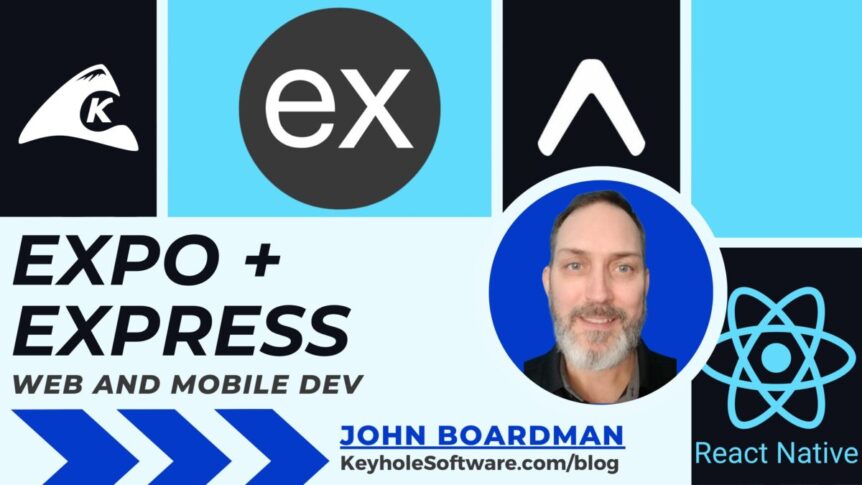This blog walks through building a clean, modular service layer in Flutter to keep mobile apps scalable, maintainable, and resilient to change. Using real examples with third-party APIs, it demonstrates how to abstract logic, structure code for API calls, and easily swap data sources without major rewrites. You’ll also learn strategies like creating request/response classes and centralizing error handling to reduce redundancy and improve code quality.
Why Mobile App Deployment Stops So Many Developers (And How To Beat It)
Deploying a mobile app is often more difficult than building it. In this guide, we simplify the confusing, often poorly documented process of deploying a Flutter app for internal testing. Learn step-by-step how to distribute your app through Google Play Internal Release and Apple TestFlight, so real-world testers can start using your app sooner.
Flutter vs. .NET MAUI for AI: Which Framework Wins?
Are you developing an AI-powered application but unsure whether Flutter or .NET MAUI is the right framework for your project? The decision you make can significantly impact performance, scalability, and development efficiency, so it’s essential to choose wisely. Both Flutter and .NET MAUI offer strong cross-platform development capabilities, but they have distinct differences when it comes to AI model support, …
Web and Mobile Dev with Expo and Express
So, you want to develop a new website with spiffy apps on Android and iOS, and you want that website and your APIs to run in Node Express. It sounds like a lot of work to write the website in React (or Flutter or whatever the language de jour is), the Android app with Android Studio, and the iOS app with Xcode…
What is Cross-Platform Mobile Development?
Mobile application developers constantly seek innovative methods to craft apps that resonate across diverse platforms. This quest has given rise to cross-platform mobile development, a strategy aimed at creating applications capable of seamlessly operating on various platforms, such as iOS and Android, utilizing a unified codebase. Unlike conventional native development, which necessitates separate coding for each platform, cross-platform development simplifies …



